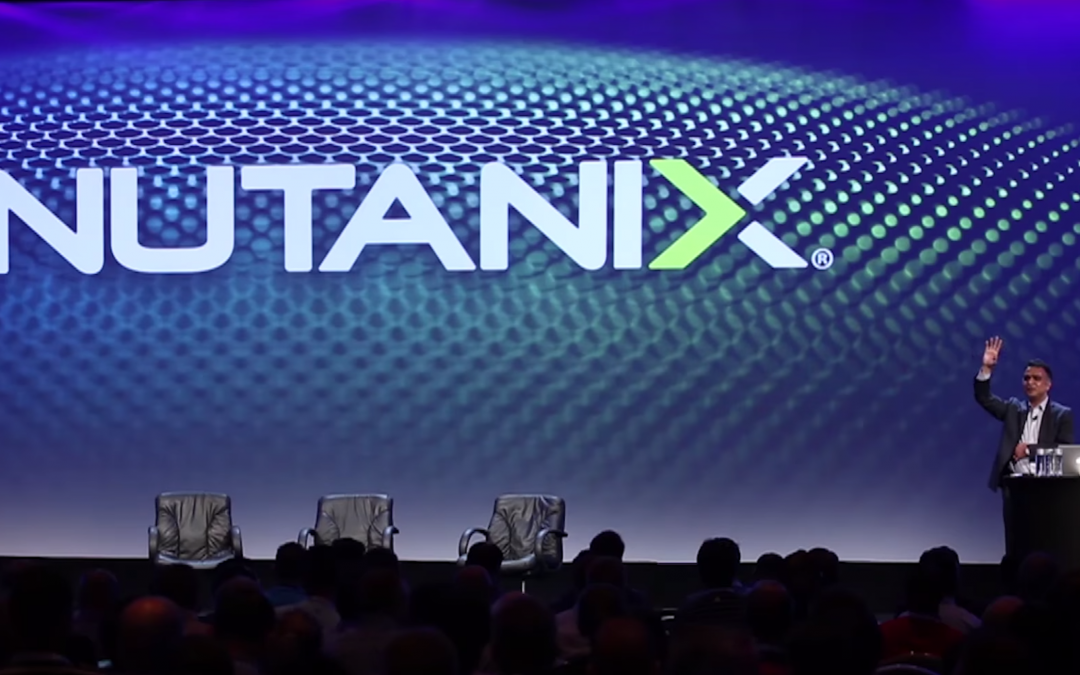 NEWS
NEWS
 NEWS
NEWS
 NEWS
NEWS
Hyper-converged data center infrastructure leader Nutanix Inc. has said it will acquire two companies, PernixData Inc. and Calm.io, in a move that enhances its data and storage services as it continues to grow its business.
The financial terms of the deals were not released.
PernixData is the more familiar name. It makes a data storage accelerator and scale-out analytics engine for virtualized data centers. Those are two products Nutanix doesn’t have, and they’re important for designing and building next-generation data centers.
As for Calm.io, its main offering is a DevOps automation platform, which is another product Nutanix lacked.
The acquisitions suggest that Nutanix Founder, CEO and Chairman Dheeraj Pandey (pictured above) is pivoting the company to be better able to compete with bigger software-defined data center players such as VMware Inc. PernixData is a key partner of VMware’s, for example.
As it happens, Pandey is scheduled to be interviewed at noon Pacific Monday on theCUBE, the video unit owned by the same company as SiliconANGLE, as part of theCUBE‘s coverage of VMware’s VMworld conference this week.
The acquisitions will help Nutanix to speed up the delivery of an enterprise cloud platform “that rivals the agility, automation and consumer-grade simplicity of the public cloud but with the control, security and attractive long-term economics of on-premises infrastructure,” said Pandey said during a conference call announcing the acquisitions.
Nutanix is clearly looking at bridging the positive aspects of both public and private clouds. If it can do so successfully while keeping costs down to a minimum, it should garner a lot of interest in its enterprise cloud offering, because so few vendors have managed to do that.
The company also said the acquisitions will allow it to build new software stacks for storage-class memory systems, add cross-cloud workload migration to its Application Mobility Fabric (AMF) and enhance its Prism management software with better cloud-inspired orchestration and workflow automation.
Nutanix already shares its architectural design philosophy with PernixData: The idea that next-generation data center fabrics keep the data and applications as close together physically as possible, in order to deliver flexible, cost-efficient infrastructure scaling and faster performance.
“We have ambitious plans. We want to deliver applications without IT,” Pandey said. “There’s a shared ambition of getting to a point where we can deliver an enterprise cloud platform while keeping the experience simple and delightful.”
As part of the plan, Nutanix will leverage PernixData’s assets to develop an “advanced data stack” that’s able to replace traditional storage silos and high-latency networks, in favor of storage-class memory and advanced interconnects, the company said. The idea is to provide customers with a refreshed data fabric, it added.
Nutanix will also work with Calm.io’s team to create an “application-first” approach to selecting, managing and consuming IT infrastructure, allowing customers to pick just the right type of cloud for each application.
Nutanix said that it’s also planning to add cloud automation and management capabilities to its existing software stack. Doing so will allow it to deliver application and service orchestration, comprehensive reporting and auditing, policy-based governance, and runtime lifecycle management services to support all application environments.
Pandey spoke with theCUBE at Nutanix’s .NEXT conference in June:
Support our open free content by sharing and engaging with our content and community.
Where Technology Leaders Connect, Share Intelligence & Create Opportunities
SiliconANGLE Media is a recognized leader in digital media innovation serving innovative audiences and brands, bringing together cutting-edge technology, influential content, strategic insights and real-time audience engagement. As the parent company of SiliconANGLE, theCUBE Network, theCUBE Research, CUBE365, theCUBE AI and theCUBE SuperStudios — such as those established in Silicon Valley and the New York Stock Exchange (NYSE) — SiliconANGLE Media operates at the intersection of media, technology, and AI. .
Founded by tech visionaries John Furrier and Dave Vellante, SiliconANGLE Media has built a powerful ecosystem of industry-leading digital media brands, with a reach of 15+ million elite tech professionals. The company’s new, proprietary theCUBE AI Video cloud is breaking ground in audience interaction, leveraging theCUBEai.com neural network to help technology companies make data-driven decisions and stay at the forefront of industry conversations.